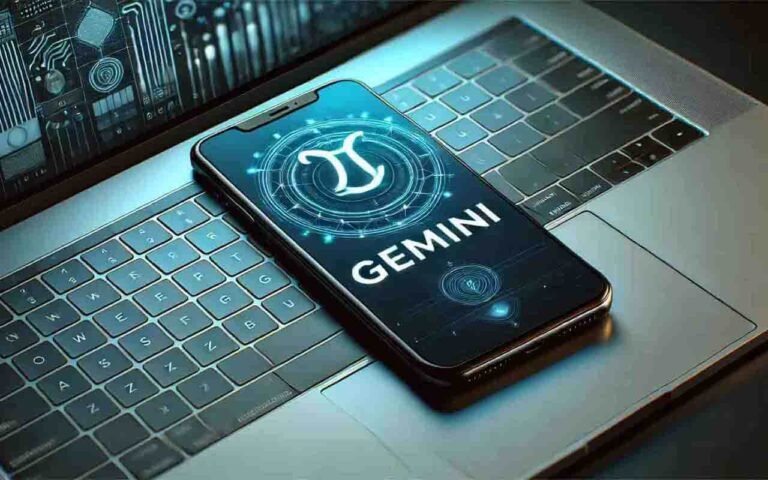Indonesia has broadened its recent restrictions on foreign technology, now placing a ban on Google Pixel smartphones, following a similar ban on Apple’s iPhone 16. This decision is due to Google’s non-compliance with Indonesia’s requirement that products contain at least 40% local content.
Like the Apple ban, this restriction on Google Pixel phones goes beyond just sales; it also prohibits the use of Pixel devices within the country. However, exceptions are in place: airline crew members and tourists can bring up to two Google Pixel phones each into the country, as long as they are for personal use only.
Reports from the Indonesian media outlet Kontan reveal that about 22,000 Google Pixel devices are currently in the country, mostly brought in through personal imports or in travelers’ luggage. A Ministry of Industry spokesperson confirmed these figures in a recent press briefing.
Companies can meet Indonesia’s 40% local content requirement through domestic manufacturing, local software development, or establishing research and development facilities in the country. These policies encourage foreign companies to invest more in Indonesia’s economy.
With a GDP over $1 trillion, Indonesia is Southeast Asia’s largest economy and is an essential market for smartphone manufacturers. The country’s market is projected to reach a remarkable 350 million active mobile devices, far exceeding its current population of around 285 million.
Indonesia’s growing economy and increasing adoption of mobile technology make its recent regulatory moves particularly impactful for international tech companies aiming to establish or expand their presence in Southeast Asia.
So far, Google has not made any public statement regarding this new restriction.
Read Our Other Latest Article: Google Confirms: Android 16 to Launch Early with a Follow-up Release in 2025




